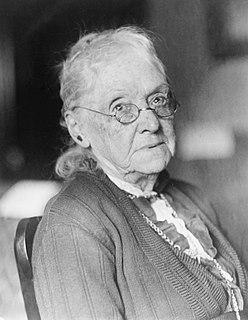A Quote by Adam Hochschild
Even [Ernst] Hemingway, perhaps the most intentionally non-political of American writers, became passionately partisan during the Spanish Civil War.
Related Quotes
The intelligence community is so vast that more people have top secret clearance than live in Washington. The U.S. will spend more on the war in Afghanistan this year, adjusting for inflation, than we spent on the Revolutionary War, the War of 1812, the Mexican-American War, the Civil War and the Spanish-American War combined.
I went to live in Barcelona in 1975, when I was twenty. Even before I went there, I knew more about the Spanish Civil War than I did about the Irish Civil War. I liked Barcelona, and then I grew to like a place in the Catalan Pyrenees called the Pillars, especially an area between the village of Flavors and the high mountains around it.
I worry that I may have overstated the impact of Civil War on the utopians. By the time the Civil War comes, most of the communities were quite separated from the wider American society. Their rhetoric is still about transforming the world, but they're not having that much traffic with their neighbors.
The running joke about the Premio Cervantes, the most coveted literary prize in the Spanish-speaking world, which was established by Spain's Ministry of Culture in 1976, is that Cervantes himself wouldn't have received it. This is because he was, in his heart, the most anti-Spanish of Spanish writers.
All American wars (except the Civil War) have been fought with the odds overwhelmingly in favor of the Americans. In the history of armed combat such affairs as the Mexican and Spanish-American Wars must be ranked, not as wars at all, but as organized assassinations. In the two World Wars, no American faced a bullet until his adversaries had been worn down by years of fighting others.
We know that there were so many Japanese American soldiers in World War II who were fighting in Europe despite the fact that their families, their parents were back home in American prison camps. It's savagely ironic that between themselves and the African-American soldiers, who were also segregated and didn't see the fruition of the work the culminated in the Civil Rights Act until the '60s, that these American heroes and their stories are not well known; and the fact that the 442nd/100th became the most decorated unit in U.S. history.




































